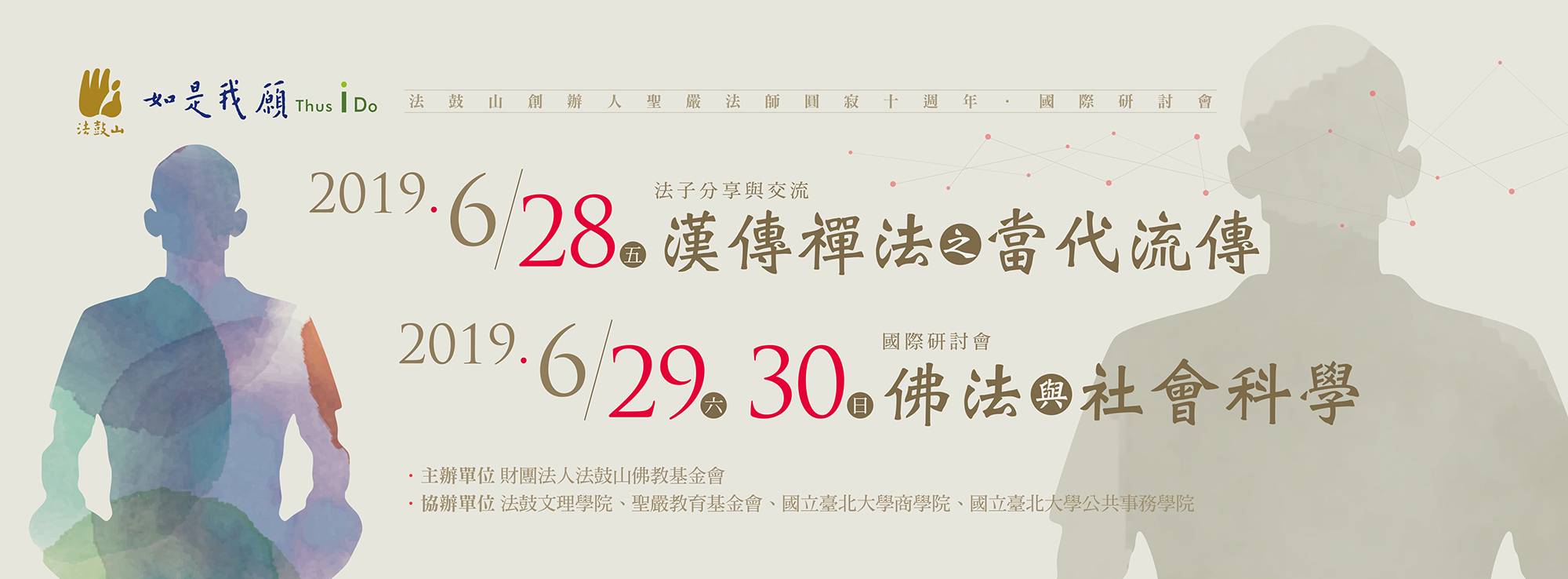The Diamond Sutra’s Application in Business Ethics – Analyzing Key Qualities of Business Managers
Ying‐Jun Lin
Paying attention to the classics and culture, and applying them flexibly in business management, will continue to be the direction of development. An important Mahayana Buddhist text, “The Diamond Sutra” has extensive and profound influence in China. “The Diamond Sutra” reveals the path to enlightenment, pointing out that the self is its functions, and concept and action should be in step with each other. The motive of this research is the application of “The Diamond Sutra” in modern business management so as to best integrate Buddhist teachings in the secular world. Business management is the process or activity of using planning, organization, leadership and control to improve marketing, human resource, production and financial development. It is believed that the role and ability of the manager affects the performance and sustainability of a business. Thus, this essay attempts to provide key qualities of a good manager through the interpretation of “The Diamond Sutra”. For instance, a good manager should be free and innovative in his thinking, continuously learn and improve, have the ability to lead and communicate, and not be egocentric or inflexible. Citing examples of entrepreneurs, including legendary Japanese entrepreneur Kazuo Inamori, this essay discusses how “The Diamond Sutra” can provide insights into modern business management, testifying to the applicability of Mahayana Buddhism in both spiritual pursuit and secular concerns, in the hope of establishing reference for research between Buddhist teachings and modern business management and operation.
